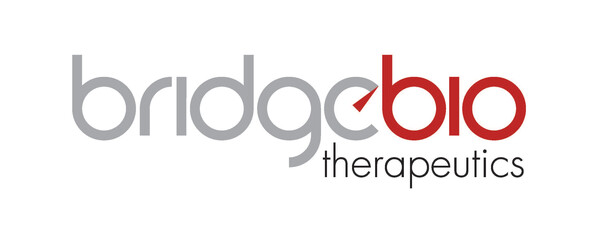Bridge Biotherapeutics, a Korean drug development company, announced Tuesday that it has initiated patient dosing in a phase 1/2 clinical trial at Samsung Medical Center to evaluate the efficacy and safety of BBT-207, a fourth generation Epidermal Growth Factor Receptor (EGFR) inhibitor.

BBT-207 is being developed as a fourth-generation EGFR TKI that selectively inhibits a variety of mutations, comprising C797S mutations, which arises due to osimertinib (Tagrisso)-resistant in non-small cell lung cancer (NSCLC).
The company discovered BBT-207 as it wanted to quickly respond to changing lung cancer treatment trends. Third-generation EGFR inhibitors such as AstraZeneca's Tagrisso and Yuhan's Leclaza have broadened their indication as the first-line therapy.
The trial, approved by U.S. FDA and the Ministry of Food and Drug Safety (MFDS), will test the efficacy and safety of BBT-207 in 92 NSCLC patients in the United States and Korea. In addition, the company plans to apply liquid biopsy, which analyzes mutational information in tumor cells through oncogenes in the blood more rapidly.
In September, Bridge Biotherapeutics halted the development of BBT-176, another fourth generation EGFR inhibitor, while concentrating its capacity and financial resources on BBT-207.
"As the global demand for the development of next-generation therapies in the field of NSCLC continues to grow, we are pleased to be the first company to bring our in-house developed BBT-207 into clinical trials," said James Lee, CEO of Bridge Biotherapeutics. "Based on our clinical experience with fourth generation EGFR inhibitors, we will continue to strive to provide new treatment options for patients with advanced lung cancer as soon as possible."
Related articles
- Bridge Biotherapeutics discards NSCLC drug candidate BBT-176
- Bridge Bio wins FDA nod for phase1/2 trial of NSCLC treatment
- 'Bridge Biotherapeutics committed to expanding cancer, fibrosis pipeline'
- Bridge Bio fails to prove ulcerative colitis drug’s efficacy in phase 2a trial
- FDA OKs Bridge Biotherapeutics' clinical trial of IPF drug candidate
- Bridge Biotherapeutics advised to keep developing IPF treatment 'BBT-877'
- AZ says Tagrisso effective in unresectable stage-3 EGFRm NSCLC
- Bridge Biotherapeutics suffers steep revenue decline in 2023

